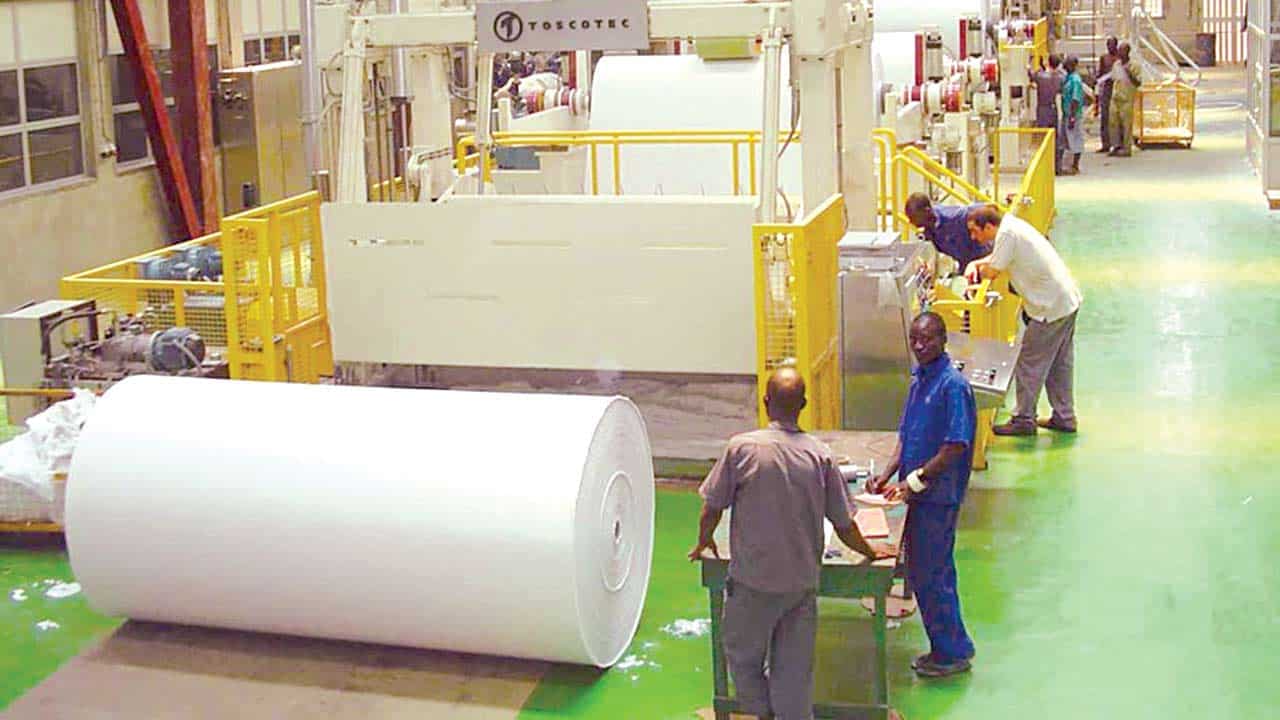Raw Material Research and Development Council (RMRDC), has called for the use of non-wood fibrous local raw materials for wood pulp and paper production, to save country of scarce foreign exchange and over 300,000 jobs that are lost due to paper importation.
The Director-General of RMRDC, Prof. Hussaini Doko Ibrahim, disclosed that Nigeria has a number of non-wood or hardwood alternatives such as straws, bagasse, corn stalks and sorghum stalks as well as non-woods or softwood replacements such as cotton linters, kenaf and bamboo, among others.
The Food and Agricultural Organization has predicted that global demand for paper products will increase by 50 per cent in 2050 while over 300 million tonnes of paper are being used globally in a year.
RMRDC Joins Forces With UI, FUTA on Local Plywood Production
The Nigerian government as part of its effort for pulp and paper production for domestic and export markets established three pulp and paper mills including the Nigeria Paper Mill, Jebba, Kwara State, in 1969; Iwopin Pulp and Paper Company (IPPC), Ogun State in 1975 and Nigeria Newsprint Manufacturing Company (NNMC) in Oku-Iboku, Akwa Ibom in 1986.
Prof. Ibrahim explained some of the steps taken by the council to improve application of local raw materials in paper production as well as various collaborations with research institutes and Universities across the country.
RMRDC Calls on Nigerians to Tap Forex From Gum Arabic Production
He recalled that RMRDC collaborated with the Institute of Agricultural Research and Training (IAR&T), Ibadan to produce foundation seeds of kenaf, leading to the production of four varieties of kenaf breeder seeds which were multiplied by the Kenaf Association of Nigeria (KEAN) in Kwara State.
He also added that the council constituted a team made up of experts from UI, FUTA and RMRDC to carry out a nationwide survey of bamboo availability and utilization in Nigeria, with the discovery of five species of bamboo that are indigenous to Nigeria and widely distributed in the south and middle belt regions.



